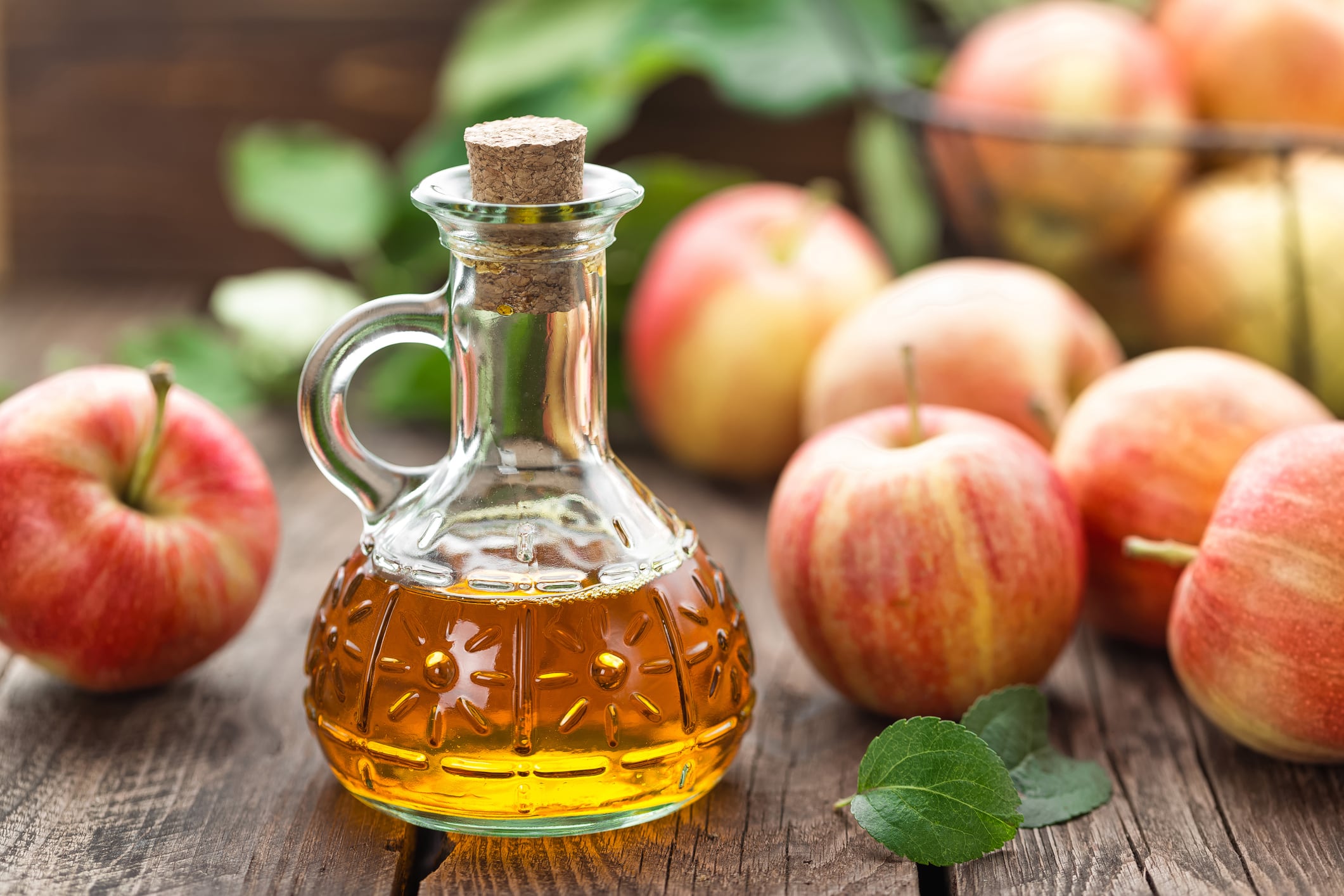The study, published in Frontiers in Nutrition, suggested apple cider vinegar (ACV) may significantly reduce fasting blood sugar and HbA1c levels, particularly at doses of at least 10 milliliters a day (mL/d).
Researchers at Shiraz University of Medical Sciences, Iran, were motivated by natural dietary alternatives to help manage blood sugar levels. They noted that vinegar is a commonly used plant derivative that has gained attention for glycemic control.
As a fermented product, ACV has additional components to regular acetic acid, including phenolic compounds such as catechin, ferulic acid, caffeic acid and gallic acid.
The researchers noted that these compounds have been shown to play roles in glucose metabolism and have anti-inflammatory and antioxidant properties, presenting a more synergistic product than acetic acid.
According to the most recent market report from the American Botanical Council, ACV is one of the top-selling herbal supplements, accounting for nearly $130 million in sales in the United States in 2022 across the mainstream and natural retail channels.
ACV continues to be of interest in the weight management category. The new review emphasizes its potential to support glycemic control.
Study details and limitations
The study was a GRADE-assessed systematic review and dose-response meta-analysis of controlled clinical trials. The researchers included seven studies, totaling 463 participants, to evaluate the effects of ACV on the glycemic profile in T2DM patients.
The results showed that each 1 mL/day increase in ACV consumption was associated with a -1.255 mg/dL reduction in fasting blood sugar. Additionally, greater effects on fasting blood sugar were seen with dosages of 10 mL/d or more.
ACV also significantly reduced HbA1c.
However, ACV increased insulin levels, which the researchers noted was unexpected and inconsistent with previous study results. They suggest interpreting the present results on insulin and HbA1c with caution, noting that “more investigations are warranted.”
Additionally, they did not observe changes in insulin resistance (HOMA-IR), which they said may be “pertinent to the small number of studies that we included in this regard.”
Potential mechanisms
The researchers noted several potential mechanisms for ACV’s effects on glycemic control and improving fasting blood sugar.
These include delaying gastric emptying, improving glucose utilization, decreasing glucose production in the liver and enhancing insulin secretion. The acetic acid in ACV could inhibit the enzymes that break down sugars, and acetic acid may increase glycogen repletion and decrease glycolysis.
Chlorogenic acid, a polyphenol in ACV, may lower glucose levels in animal studies. The researchers said the beneficial effects seen at higher doses may be due to higher amounts of active components.
However, they noted that the exact mechanisms have not been elucidated, and further studies are needed to define the most effective dose in various populations.
Source: Frontiers in Nutrition, Sec. Nutrition and Metabolism, Volume 12 – 2025. doi: 10.3389/fnut.2025.1528383 “Effects of apple cider vinegar on glycemic control and insulin sensitivity in patients with type 2 diabetes: A GRADE-assessed systematic review and dose–response meta-analysis of controlled clinical trials”. Authors: D. Arjmandfard et al.

